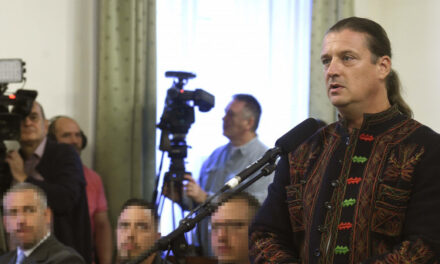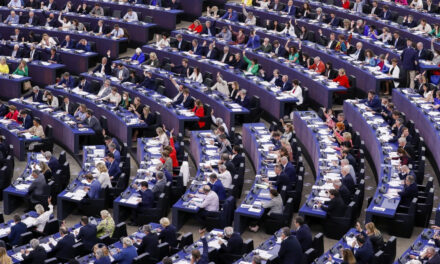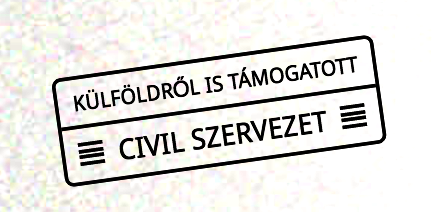The European Union's decision on the Russian oil embargo is a victory for common sense , said Zoltán Kovács, Secretary of State for International Communications and Relations, in a statement to the British public radio station BBC.
In an interview on Tuesday's late-night news magazine of the BBC's channel four, which specializes in political and public life programs, Zoltán Kovács stated: HUNGARY IS NOT AN OBSTACLE OF FURTHER SANCTIONS AGAINST RUSSIA, BUT THEY MUST BE BASED ON COMMON SENSE, and on the recognition that there are limits to energy sanctions , what can be done. He added: this applies not only to Hungary, but also to several other EU member states.
According to the Secretary of State, the mainland countries of the European Union – in addition to Hungary, Slovakia and the Czech Republic – are very dependent on Russian deliveries and are simply not in a position to impose sanctions with immediate effect.
He put it this way: the golden rule is that sanctions that "cause more pain to Europe than to Russia" should not be introduced.
Zoltán Kovács quoted the statement of Prime Minister Viktor Orbán, according to which the IMMEDIATE IMPLEMENTATION OF THE OIL EMBARGO WOULD HAVE A MEASUREABLE EFFECT ON THE HUNGARIAN ECONOMY, not to mention the population of Hungary.
The Secretary of State emphasized: no one can ask for sanctions that would ruin Hungary, the Hungarian economy, and Hungarian households. This would be unreasonable and impossible, he added.
In response to the reporter's suggestion that no one talked about stopping Russian oil deliveries overnight, and that there would always be time to find alternative sources of supply, Zoltán Kovács said: Hungary has made it clear that this will not only happen until the end of this year , but it cannot be solved in the next four or five years either. "This is a simple, harsh physical and economic reality," said the state secretary.
He stated: DO NOT ASK MEMBER COUNTRIES FOR SOMETHING THAT CANNOT BE IMPLEMENTED IMMEDIATELY OR IN THE SHORT TERM, especially as there is no guarantee of measures that could alleviate Hungary's almost unilateral dependence.
According to the state secretary, Hungary has sensed significant pressure and even blackmail from various directions, for example, there were hints from the Ukrainian side that "something could happen to the pipelines". However, Hungary cannot be forced to change its position dictated by its national interests through blackmail, in the same way that Western European politicians would not make compromises at the expense of their own national interests, said Zoltán Kovács in the BBC interview on Tuesday evening.
Source: Origo/MTI
Picture: Márton Ficsor












